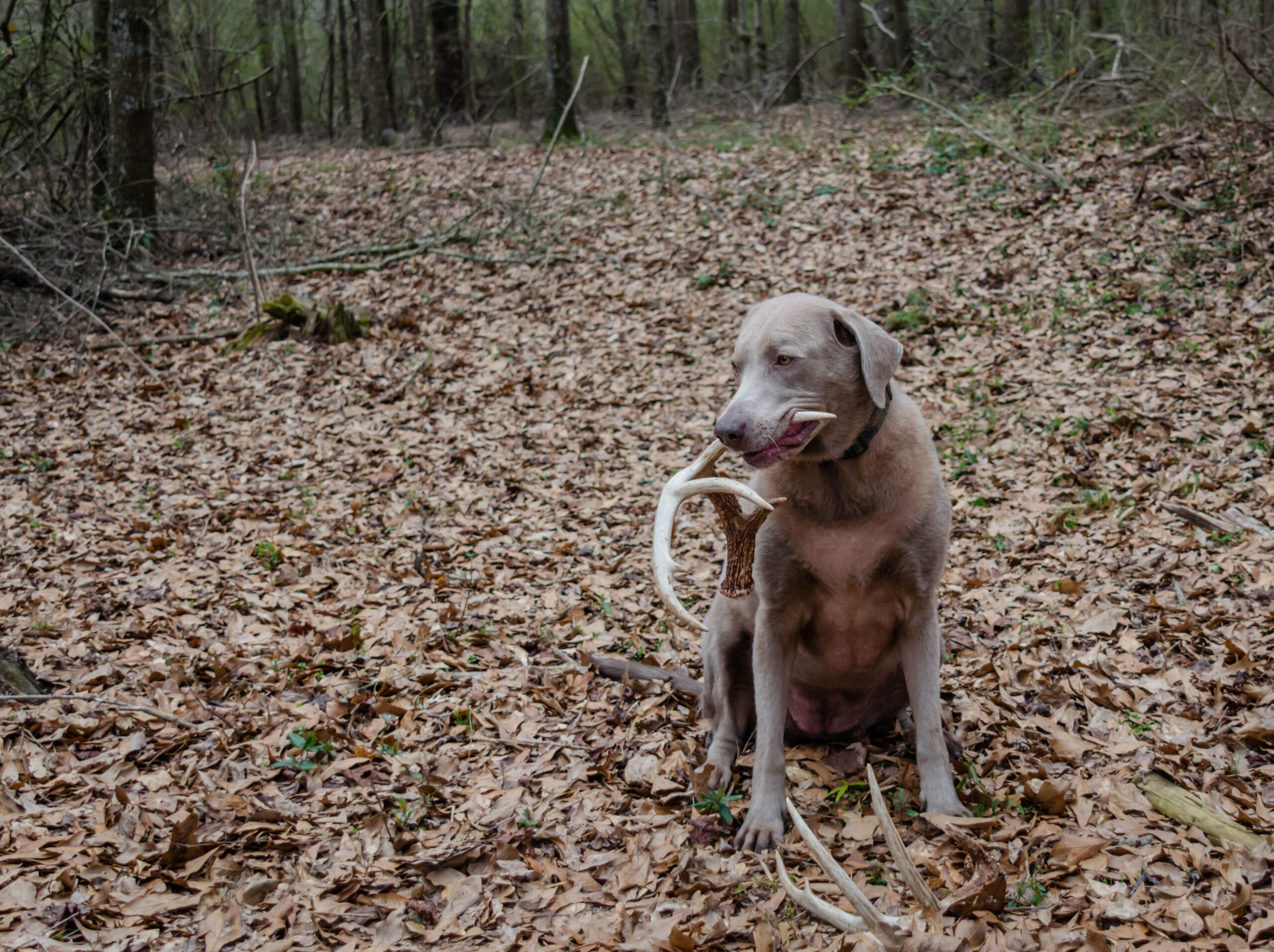A renewed attempt to strengthen Alabama’s dog deer hunting regulations drew fierce debate Wednesday at a Joint Committee on Administrative Rule Review.
For decades, dog-assisted deer hunting has been a polarizing issue in Alabama. While officials have said conditions have improved over recent years, complaints persist about hunting dogs crossing into private lands, disrupting hunts and infringing on property owners’ rights.
“It’s a much better place now than we have been in the whole 30-plus years of my career,” said Alabama Department of Conservation and Natural Resources Commissioner Chris Blankenship. “But there are still problems of dogs being let off of adjacent property or public land that run across their property and disrupt their hunts.”
To confront the issue, the Conservation Advisory Board unanimously voted in May to ask the Commissioner to adopt a regulation that would make it illegal for a hunting dog to enter, cross or remain on another’s land without permission. First-time violations would carry a warning and repeated offenses could lead to a citation.
“This is the least intrusive and most fair way to address this issue,” said Blankenship. “Without some method to protect landowners, I’m not interested in expanding dog deer hunting.”
He explained that the plan came after many discussions with multiple dog hunting groups, though he acknowledged that there is no single association representing all participants in the sport.
In exchange for support, Blankenship said, some dog hunting groups agreed to the regulation on the condition that additional dog deer hunting days would be recommended once it was enacted. Since the rule is not yet in effect, he explained, those extra days have not been added.
During public comment, several landowners shared years-long accounts of trespassing dogs disrupting their hunting, damaging property and frustrating enforcement.
One landowner said that he deals with some of the same people year after year. He added that hunting dogs are sometimes released near property lines without regard to permission, leaving landowners powerless. All members of the public who spoke at the hearing resided in the Talladega area.
The Legislative Council debated a proposed amendment that would limit the enforcement of the rule to within one mile of the national forest to provide immediate relief. Blankenship told lawmakers the department would recommend extending the dog deer hunting season by an additional week if the regulation goes into effect.
Pro Tem Senator Garlan Gudger sought to clarify that the one-mile buffer zone would include multiple counties—Cherokee, Calhoun, Cleburne, Clay and Talladega.
Speaker of the House Nathaniel Ledbetter questioned both the timing and scope of the proposal, saying the issue should be debated during the next legislative session.
Some lawmakers, however, argued that the issue should not be narrowly tailored to one region. Representative Scott Stadthagen, R-Hartselle, said the problem of roaming dogs disrupts hunting statewide.
“If we’re gonna get into the dog business, let’s get into the dog business. I think this should be handled during the legislative session, not in one day,” said Stadthagen.
“Listening to the people is one of the important services that we provide,” said Representative Mary Moore, D-Birmingham. “I think this is an issue that needs to be determined today.”
Lawmakers ultimately voted to amend the rule to extend one mile outside of Talladega National Forest to provide expedited relief to those impacted. The committee advised that this issue be taken up again during the legislative session. Now, the rule goes back to the Conservation Advisory Board for final approval and enactment.




















































